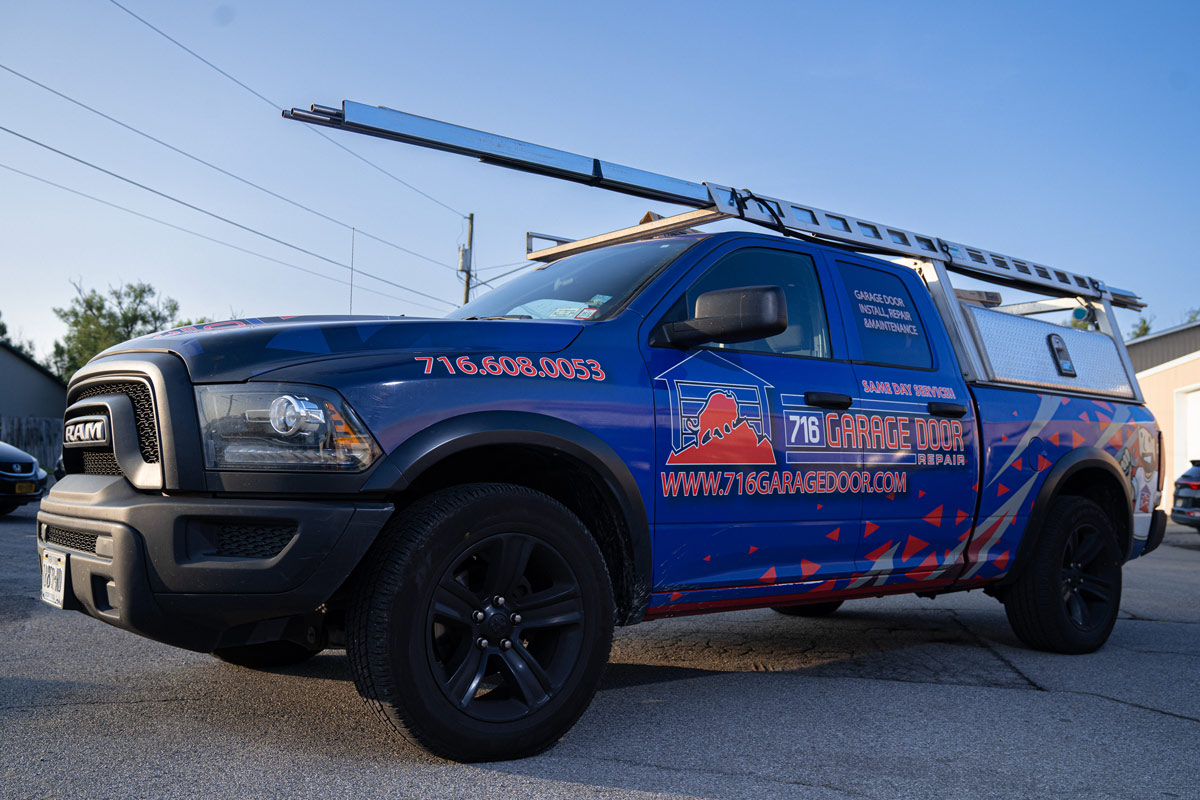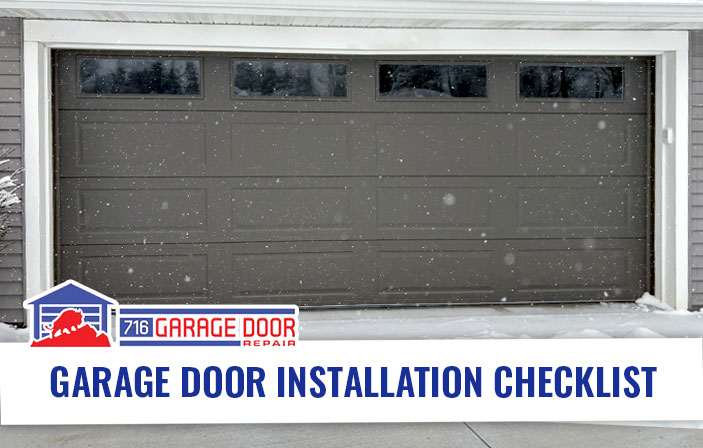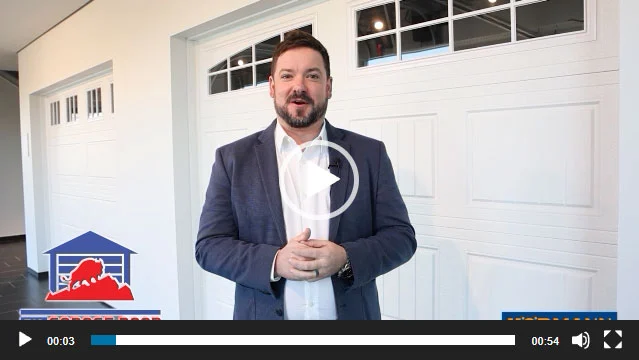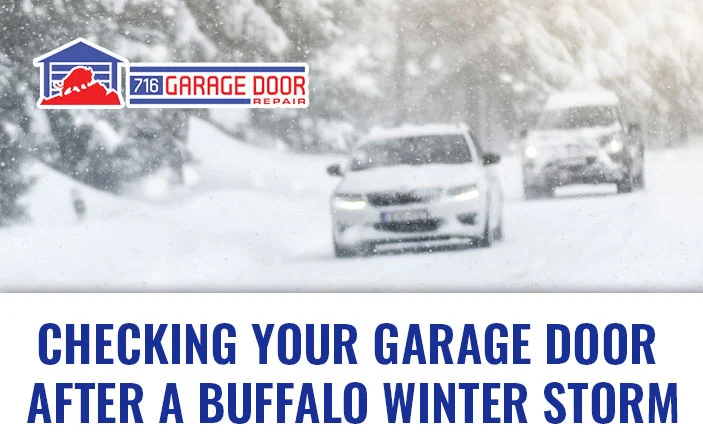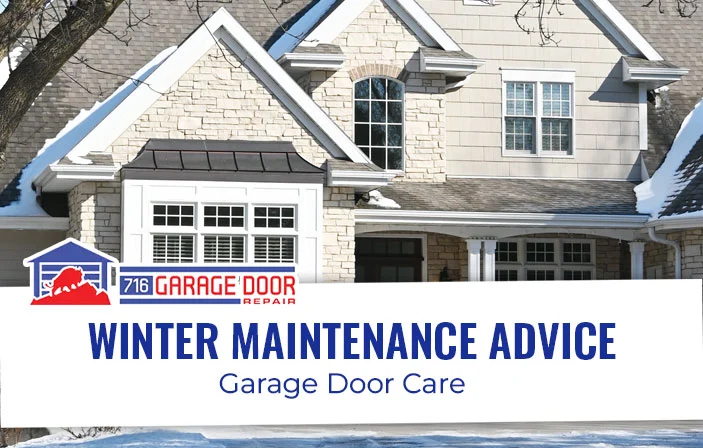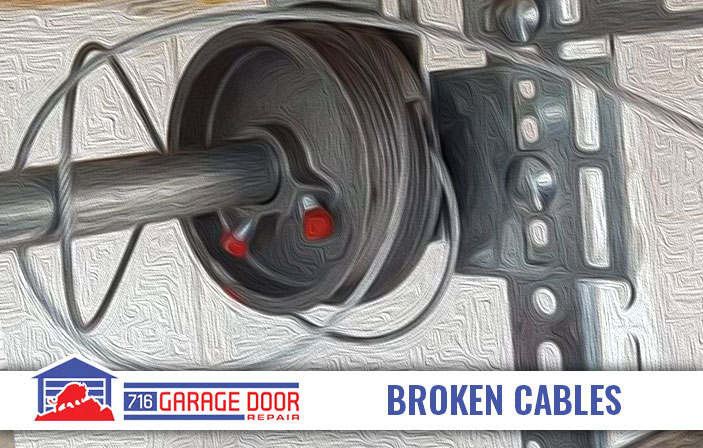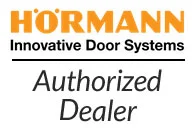
Your garage door is made up of many moving parts. You have rollers and hinges that make noise when they wear out or aren’t installed correctly. The door also has nuts, screws, roller bearings and springs, to name just a few of the parts. Lubricating these parts every year does not require you to call a professional, a simple DIY project should cure any noise problem.
There’s always some question as to what types of garage door lubricants are okay and what shouldn’t be used at all. Whatever you do, DON’T spray WD-40 on your garage door parts.
People commonly confuse this product, which has rust-destroying and degreasing properties with a lubricant because it generally helps metal parts move better. That action is from the cleaning, not from true lubrication. Instead of WD-40, choose a silicone spray or white lithium grease to lubricate those moving parts.
Aerosols are especially well-suited for injection into small moving parts, and these materials won’t attract dust or gum up like mechanic’s grease or engine oil.
Of course, the noise a garage door makes is secondary to the problems that are actually making all that tuneless racket. Several parts of your garage door require frequent lubricating — after all, your garage door is one of the biggest moving parts on your home. The springs, rollers, tracks and hinges all need some attention once every few months to keep the garage door functioning smoothly.
Your lubrication process will vary depending on your door’s configuration, but generally, you want to tackle that big problem in this order:
- Tracks: Start by cleaning the tracks with a rag to eliminate any build-up that might be interfering with your door’s gentle glide. You don’t need to lubricate the tracks, but ensuring they’re clean is essential to your door’s functioning.
- Springs: Spray down the garage torsion springs that lift your garage door day in and day out. Again, you want to only lubricate them enough that they move better, without a lot of extra lubricant dripping out.
- Hinges: Lubricate steel hinges at their pivot points, but don’t mess with the plastic ones. Plastic doesn’t need lubrication — it can actually cause the hinges to break down over time.
- Rollers: If your garage door rollers have nylon wheels that make contact with the track, make sure to only lubricate the bearings without getting any lubricant on the nylon itself. All-metal rollers don’t require as much precision, but make sure to wipe away any excess lubricant to prevent it from dripping on the garage floor or your car.
- Locks: If your key sticks or the lock is hard to open and close, give it a good shot of lubricant, too. Make sure you get lubricant into the tumbler as well as on other moving parts.
Once you have all your garage door parts properly lubricated, lift it and close it several times to even out the lubricant’s distribution. If you still hear a lot of noise coming from your door, follow that sound to determine if you simply missed a moving part or if more substantial correction will be needed.
With the right lubricants, you may find your garage door singing a different tune next time you open the door after a long day at work. And you get professional garage door lubricant right here at Garage Door Nation!
* Thinking about customizing your existing garage door? Consider adding a window insert! Click here to learn more.


